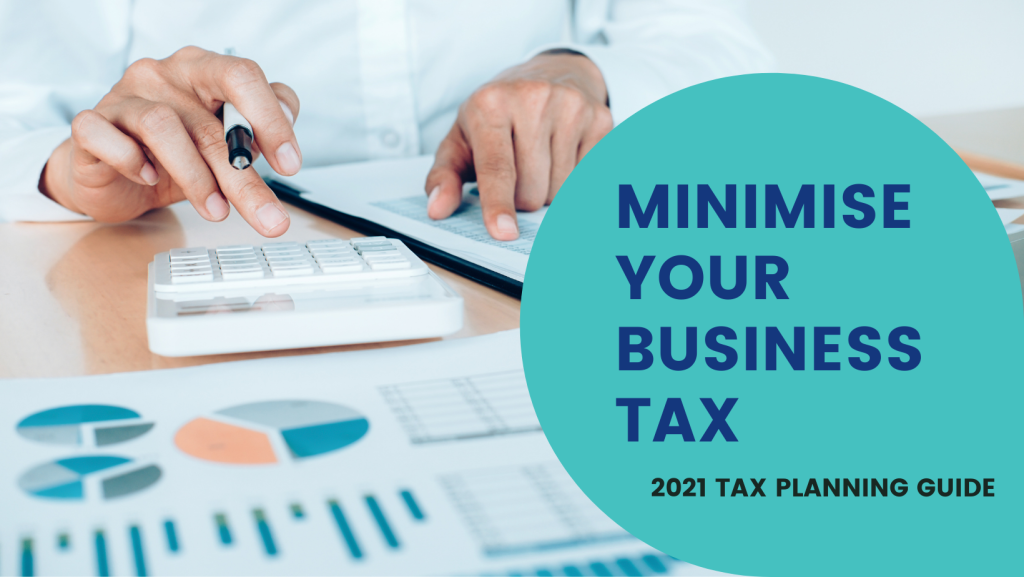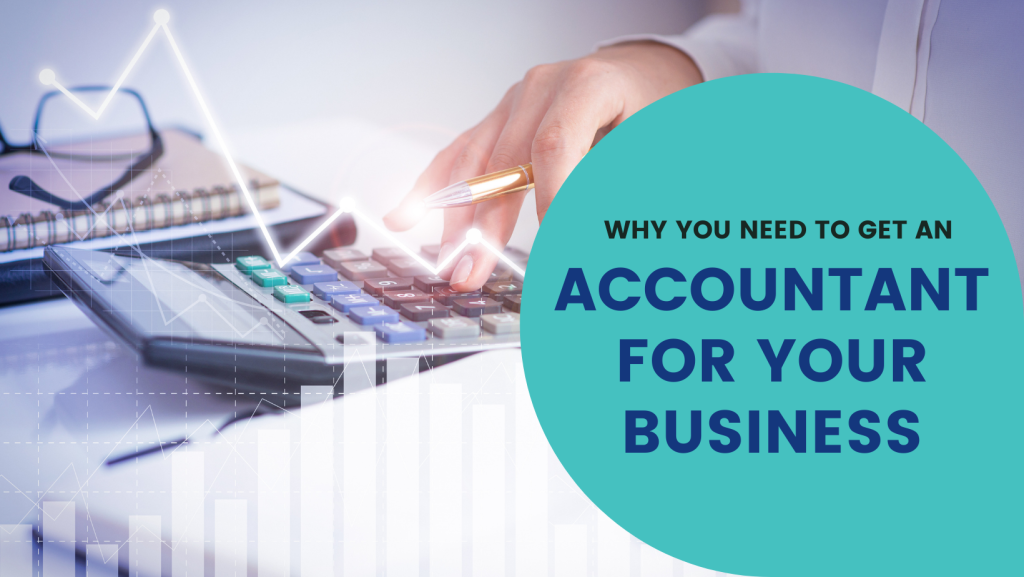Business cash flow is generally categorised as the amount of money that comes in and out of your business. Recording your income and expenses helps you better manage your cash flow and plan for the future. Keeping an eye on your record-keeping and reporting tasks will help you manage your cash flow. Planning prevents you from getting into trouble with significant expenses or overflowing with too much money.
Here are the five ways to manage your business cash flow:
1. Prepare a Cash Flow Budget or Projection
A Cash Flow Budget or Projection is a budget that shows the planned sources of cash and the intended uses of money in each period. Preparing and maintaining a cash flow projection ensures that your business has sufficient cash to meet its obligations quickly.
A cash flow budget or projection helps you plan your cash requirements for your business and provides you with a picture of the cash flow in your business at any time. Therefore, preparing and maintaining a cash flow budget or cash flow projection is a good idea. That way, you can better understand the expected cash flow of your business. You can take some actions to improve it if the cash flow is too low or unfavourable.
2. Plan your Expenses
In most cases, your operating expenses are paid for in the same period incurred. However, some operating expenses are paid for by a fixed amount throughout the year. For example, rent, insurance premiums, utilities, office supplies, and credit card payments are delivered in the same period incurred.
You can do this by preparing a monthly budget. It shows the expected income and expenses in each month of the year.
3. Keep Track of Cash Flow
Keeping track of the cash flow can help you avoid overdrawing your checking account.
This can help you identify times when you need additional working capital, and you can plan your financing needs accordingly. Recording the cash receipts and payments in a register is a great way to manage a cash flow.
In addition to this, you should categorise your cash receipts and cash payments. There are two ways of doing this, grouping them according to whether they are income or expense or grouping them according to the type of cash flow.
4. Understand Your Liabilities
Understanding your liabilities can help you to make better financial decisions. It is essential to review your liabilities regularly. Liabilities are the debts of a business. They provide you with a sense of security that you will pay your business debts.
A company’s ability to compete may be harmed if burdened with massive debts.
5. Have a plan B
Having a plan B might allow you to limit hazards to the firm. It is typically prudent to have a backup in case something goes wrong.
Backup plans are topics that need to be covered during an emergency. A plan B is developed for critical issues like the loss of a key person or the possibility of an economic downturn. Remember, having a plan B is the best way to manage your cash flow.
Conclusion
You must analyse your accounting procedures to help you make a better business decision for your business.
For example, you should analyse the best accounting methods for your business and the most appropriate accounting method. Furthermore, you should also look at which accounting methods will help you capture the full economic effect of transactions and events. You should look at which accounting methods will be beneficial for your business.
Only Wardle Partners can assist you with accounting if you seek company accountants in the Sunshine Coast, QLD. We provide small company accounting services to oversee your finances. Get a quotation from us today.Top of Form


